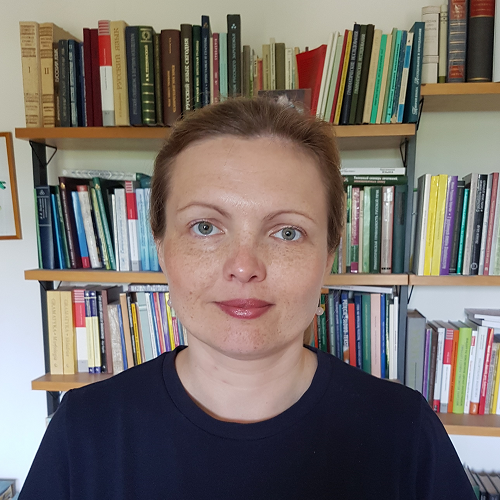A 6ª Conferência sobre Variação e Processamento da Linguagem (VALP6) terá lugar na Universidade de Vigo de 26 a 28 de junho de 2024, seguindo o êxito de edições anteriores no Reino Unido, Nova Zelândia, Estados Unidos, Austrália e Dinamarca. Iniciada na Universidade de Chester (Reino Unido) em 2011, esta conferência reúne psicolinguística e sociolinguística variacionista.
A VALP6 proporciona um espaço para investigadores de áreas como sociolinguística, psicolinguística, ciência cognitiva, fonética experimental, sintaxe e pragmática discutirem a interseção entre variação linguística e processamento da linguagem.
Este ano, a VALP6 contará com Montserrat Comesaña, investigadora do CIPsi, Natalia Levshina (Universidade Radboud) e Hans-Jörg Schmid (Ludwig-Maximilians-Universität München) como palestrantes. Eles trarão perspetivas sobre a relação entre variação linguística e processamento da linguagem, abordando questões como o armazenamento da variação linguística na mente e a ligação entre o ‘linguístico’ e o ‘extra-linguístico’.
Tradicionalmente, a variação linguística tem sido uma preocupação da sociolinguística (variacionista) e o trabalho no processamento da linguagem tem caído no domínio da psicolinguística e da ciência cognitiva. Recentemente, no entanto, esta aparente divisão tem sido questionada porque o trabalho em sociolinguística agora abrange técnicas experimentais e o trabalho em psicolinguística começou a envolver-se com dados naturalísticos variáveis. À medida que os interesses destes campos convergem, surgem novas questões sobre a relação entre variação linguística e cognição social, por exemplo: Como é que a variação linguística é armazenada na mente? Como é que o ‘linguístico’ e o ‘extra-linguístico’ estão ligados? Como podemos melhor modelar estas conexões?
Plenary speakers

Montserrat Comesaña
(Universidade do Minho)
Abstract
The impact of bilingualism on cognitive development and academic success
Over the last decades, research on bilingualism has attracted the interest of numerous political entities, business leaders, and academic experts. This interest is fuelled not only because more than half the world’s population is bilingual (Grosjean, 2022), but also because increased language competence fosters employability and economic growth (COM, 2008). In fact, the European Union defines multilingualism as a key objective of its language policy and the “Education and Training 2020” strategic framework, leading most member states to strengthen the acquisition of a second language (L2) as part of their educational curricula. In this talk I will be discussing about the impact of the percentage of hours dedicated to second language (L2) learning (often made operative as the number of academic subjects whose vehicular language is the L2) on the first language (L1-Portuguese) skills at the sublexical, lexical and morphosyntactic levels and in psychoeducational factors such as attitude and mental openness. Note that there is no systematic study in the Iberian Peninsula, and more specifically in Portugal, thus far, that has examined this issue. This is of special relevance because empirical data regarding the effect of L2 learning in L1 skills are inconsistent, probably because similarities between languages affect language transfer, and also because of methodological differences across studies (see Pavlenko, 2000). Indeed, although there is evidence sustaining a beneficial effect of L2 immersion programs in L1 skills (e.g., Bournot-Trites & Tellowicz, 2002; Vender et al., 2021), to the best of my knowledge there are no studies which have examined this issue across schools that differ in the number of subjects that are taught in an L2 (schools including CLIL [Content and Language Integrated Learning] practices). In this regard, objectives are set at three levels: Methodological (developing the first large-scale study on sociolinguistic data and lexical decision latencies in L1 and L2 with children who are learning a L2 in the type of schools above mentioned), empirical (establishing experimental benchmark effects on sublexical and lexical processing and examining their interaction with individual variables such as age, language balance [operationalized in terms of the difference in participants’ daily use of L1 and L2], and age of language acquisition), and theoretical (refining qualitative and quantitative approaches to bilingual research, e.g., Cummins, 2000; Peeters & Dijkstra et al., 2023).

Natalia Levshina
(Radboud University)
Abstract

Prof. Dr. Hans-Jörg Schmid
(Ludwig-Maximilians-Universität München)
Abstract

